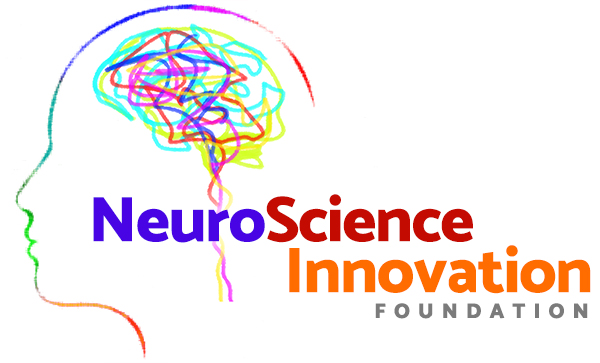Alzheimer’s and Dementia Research
The NeuroScience Innovation Foundation has been very active in supporting exciting work in neurological disorders –including Alzheimer’s and Dementia Research.
Staff at the Foundation are especially impressed with a new and different approach to Alzheimer’s-Dementia (A-D) called Neuroimmunology.
The Neuroimmunology perspective on A-D has emerged to the fore in understanding this disease.
Interest is running high about Neuroimmunology for several reasons, especially since a new medication based on Neuroimmunology research is about to begin human clinical trials in Europe. Based on success with animal models in the lab, this very promising compound is designed to halt – and notably, to reverse—the ravages of Alzheimer’s Disease.
Another reason for interest in Neuroimmunology is that foundational research in the prevalent “Amyloid Theory” of Alzheimer’s has been severely undermined by finding of apparent fraud by Vanderbilt Professor Matthew Schrag. This development has thrust Neuroimmunology as a leading replacement candidate to explain the origins, development and potential therapies to diagnosis and treat Alzheimer’s and the related disease of Dementia.
” The immediate, obvious damage is wasted NIH funding and wasted thinking in the field because people are using these results as a starting point for their own experiments.”

Thomas Südhof
Stanford University
Science, Vol 377, Issue 6604. (American Academy of Arts and Sciences)
Kipnis Laboratory
Washington University School of Medicine
Here in the US, the laboratory of Jonathan Kipnis PhD, at Washington University School of Medicine in St Louis, Mo. is the leading center for Neuroimmunology. The Foundation has pledged significant funds over the next three years to support the Kipnis Lab.
The Theory Behind Neuroimmunology
The theory behind Neuroimmunology is that the debilitating effects manifest by Alzheimer’s Disease, Dementia, ALS and Parkinson’s are the result of a cascade of biogenetic events that effectively “lock out” the immunology system from access to the brain.

Some manifestations of disease, such as tangles of plaque in the brain of Alzheimer’s patients represent metabolic debris that’s normally scavenged and removed by the immune system.
When certain genetic switches are locked in, let us say the “closed” position, the immune system can no longer do its job. The obvious solution is to open the “locked door” barrier that impedes the immune system
from reaching the brain. A new medication under testing in Europe reverses these abnormalities so the immune system components can access the brain.
Much of the foundational work in Neuroimmunology has been conducted in Israel by Michal Schwartz, PhD
of the famed Weizmann Institute. Dr. Devlin met Michal Schwartz when both of them participated in a panel discussion last year at the International Stroke Conference. Since then the NIF has maintained contact with Dr. Schwartz. Jonathan Kipnis at Washington University is a protege of Michal Schwartz. He was awarded a PhD in the Schwartz lab.
Guardians of the brain: how a special immune system protects our grey matter
This 2022 article in the prestigious science journal Nature highlights Kipnis and Schwartz’ work:
Kipnis Lab and Slide Deck
"Long thought to be divorced from the brain, the immune system turns out to be intimately involved in its functioning"
By Jonathan Kipnis
The Exciting News
The Neuroimmunology approach is not simply theoretical. Michal Schwartz’ biotech company has an Alzheimer’s medical therapy poised for clinical trials in Europe.

Prof. Michal Schwartz- Weizmann Institute of Science
This medication is designed to reopen the biochemicals channels that block the immune system from reaching the brain and performing tasks to keep the brain functional and healthy.
It’s not simply theoretical
The pharmaceutical firm created by Schwartz is called IBC. What’s truly impressive is that in animal models, Dr. Schwartz has not only documented the ability of the compound known as anti-PD-L1-mAb to halt the progression of Alzheimer’s symptoms but to reverse symptoms once the immune system regains access the brain.
Furthermore, in 2025 IBC plan to enroll patients in a Frontotemporal Dementia study as
well.
” Schwartz’s team and others have amassed a large body of evidence showing that immune cells do, indeed, have a significant role in the brain.”
Nature issue 606, pgs 22-24 (2022)
Developing Tomorrow’s Medical Breakthrough Technologies Today
© NeuroScience Innovation Foundation 2023
Web Design by Mark Devlin Visual Design www.md-visualdesign.com










